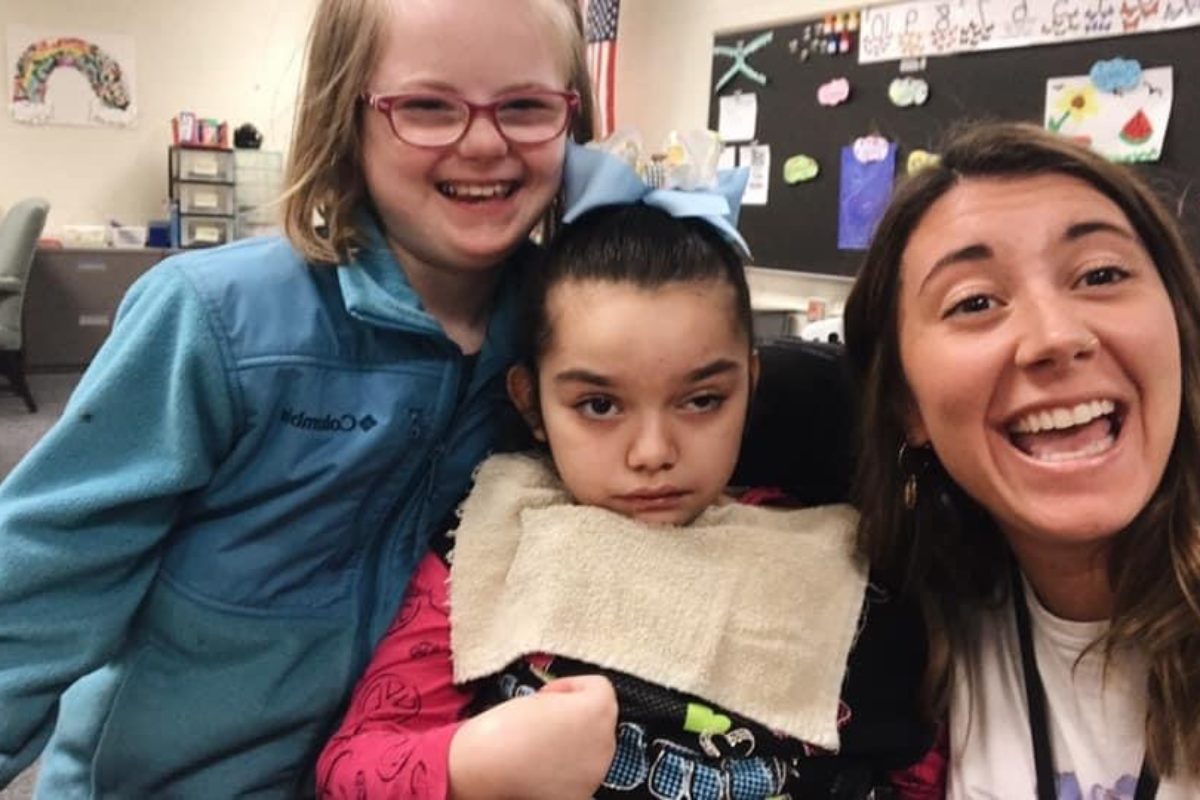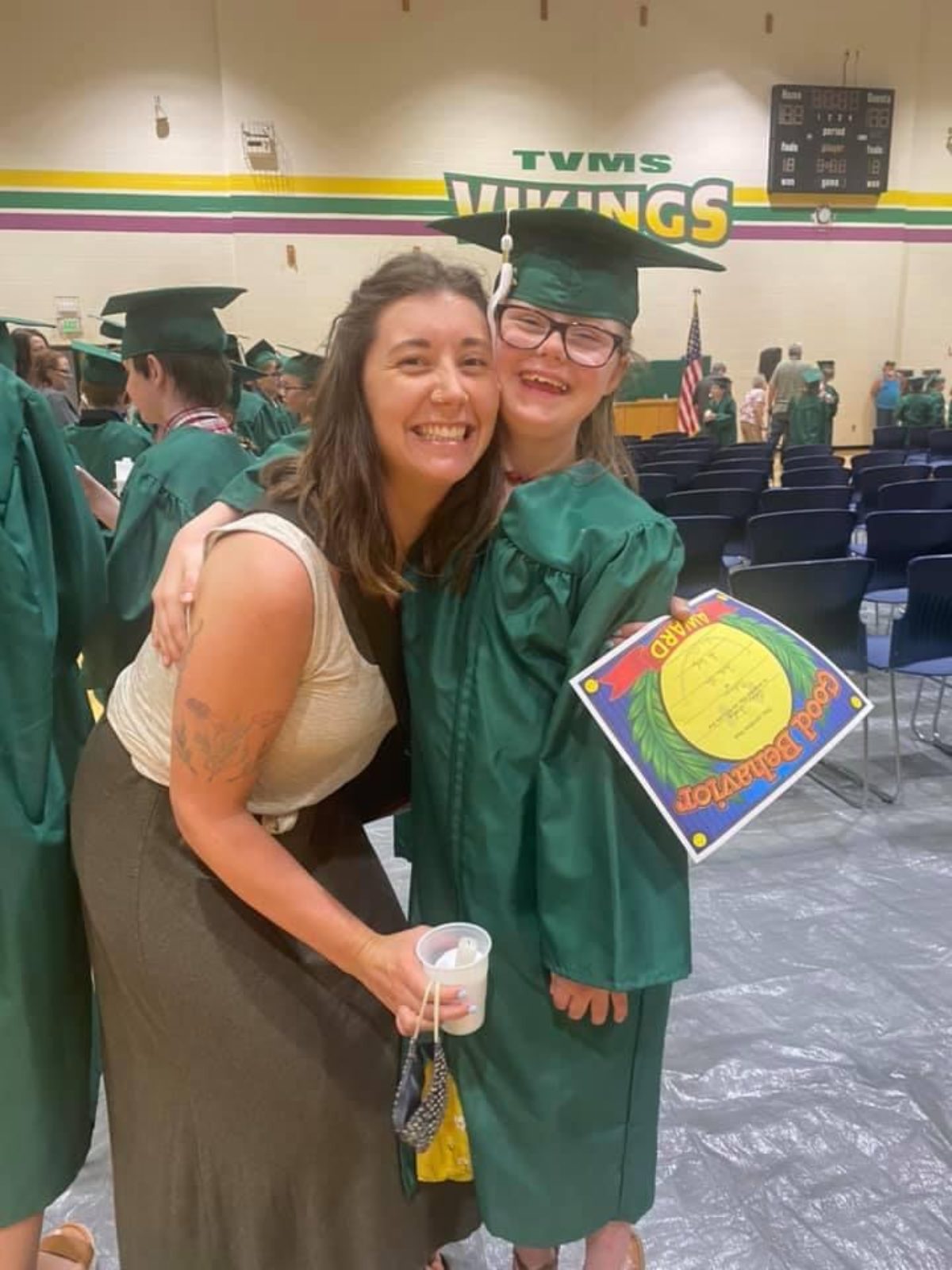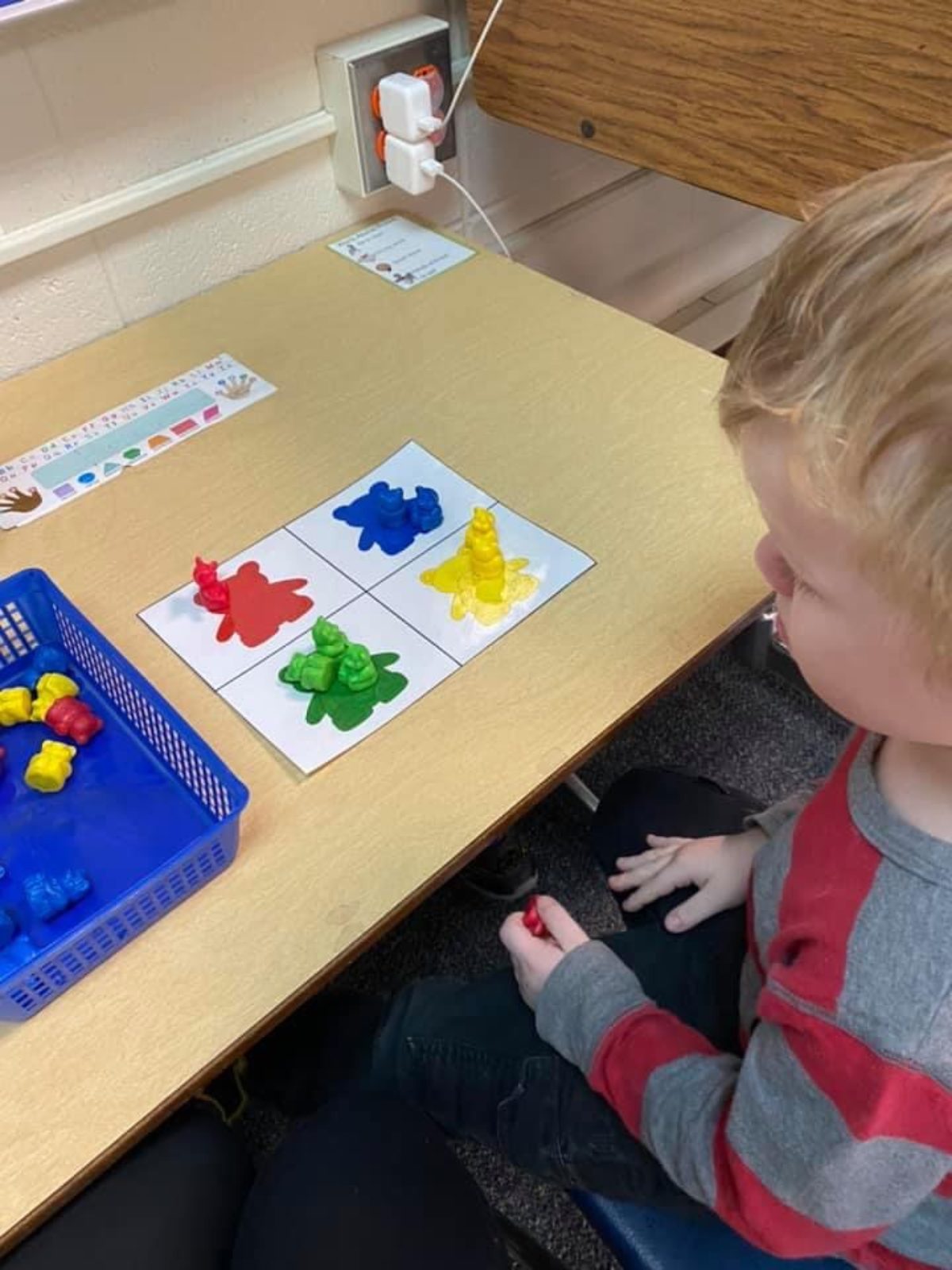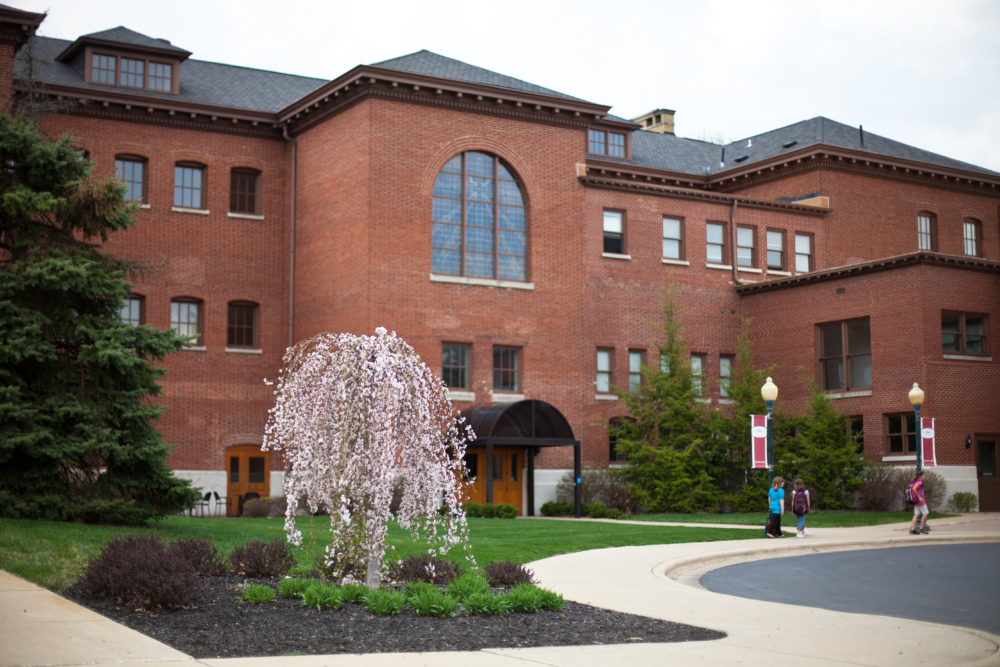May 6, 2022
5 Characteristics of a Great Special Education Teacher
Tagged With Masters Programs Student Stories

A day in the life of a special education teacher can include just about anything. From learning disabilities to traumatic life experiences, students are coming into school with a wide range of needs that special education teachers are expected to meet. For those hoping to grow in their skills, Grace College offers a fully online program that will equip educators with their intense intervention license. Dr. Cheryl Bremer, professor and chair of special education, has designed the program to grow skills needed to be a great teacher to children with severe needs.
So what are the characteristics needed in order to be a truly effective educator in the world of special education? According to Dr. Bremer and several local special education teachers, these are the top five characteristics you should have.
1. Calling
“Great special education teachers choose to serve from a place of higher calling,” says Bremer. Secular research would refer to this calling as altruistic motivation. It is what keeps educators motivated to give their best effort even on the toughest days.
Grace graduate Lynley Hiser agrees with this statement. She started her first year teaching at Gateway in Warsaw in a self-contained classroom for students with emotional disabilities, then transferred to Lakeview Middle School where she currently teaches special education.
“A day in the life of a special education teacher can be difficult,” Hiser shares. “If you’re not passionate, it is so easy to get bogged down by expectations of others, student behaviors, paperwork, etc., but being able to keep the love of the job and the students’ well-being and growth in mind helps you persevere through the hard situations.”

2. Compassion
“Great educators must be compassionate,” says Lindsey Clink. Clink is a special education teacher at Lakeland Elementary School in Warsaw, Indiana, and absolutely loves her job.
“The students we work with are not typical,” she continues. “Some have been through hard, traumatic experiences, and others might have physical challenges or their brains just work and process a little differently. We must understand that school is harder for them. A special education teacher should have compassion by looking past a student’s struggles or behavior and looking at their heart. They might just need a break, someone to listen to them, or a few words of encouragement.”
Hiser recognizes the need for compassion in her field. Thinking through the “why” is a huge component of being an understanding and compassionate special education teacher.
“There may be more behind what is happening. Maybe a schedule changed, or something happened at home. Sometimes I need to take a step back and focus on relationships and regulation, not academics, in that moment. Understanding the way their brain works, their home life, their emotions, and their true needs is absolutely necessary for student success,” Hiser reflects.
3. Collaboration
“Excellent special education teachers are great collaborators,” says Dr. Bremer. “They understand that the students they serve are the responsibility of a team, not an individual. A great special education teacher should acknowledge the expertise that each member of the team brings to the table and they are able to facilitate collaborative problem solving while keeping the focus on the student.”
According to Kamry Williams, special education teacher and life skills coach at Mentone Elementary, collaboration is key.
“You will work with many teachers, grade levels and parents in this role,” Williams shares, “Having a good relationship with a co-teacher can make the difference in a student’s school year. You will be more effective in your planning and supporting of your shared students.”

4. Creativity
Great special education teachers think creatively. According to Dr. Bremer, they must be creative in solving problems, developing individualized strategies, and meeting multiple needs at one time.
For Hiser, this means thinking outside of the box.
“Sometimes they just can’t communicate what they need, so I need to be willing to try something different,” she shares. “For example, I had a student that could not find the triangle on the graph. But it’s because his brain works in 3D, so we just tried adding color or using rulers to manipulate it.”
5. Adaptability
A day in the life of a special education teacher is always different. Each day, educators are met with new challenges that they may not have time to prepare for.
“A good special education teacher needs to be flexible,” shares Williams, “When it comes to crisis calls and behavior responses, you’ll likely be the first person called to help assist. This might mean it’s in the middle of your lunch, prep period or working with another student. Every day is different, which is one of the things I love about the position!”
“Sometimes what you have planned will be interrupted by a student in crisis,” added Hiser. “Or what you are doing with a student just isn’t clicking with them and you have to change it up in a single second. The ability to roll with the punches is crucial!”
If these five characteristics come naturally to you, we might have found your future career path.
Interested in growing in each of these characteristics? Want to take your licensure to the next level? Learn more about the Special Education License: Intense Intervention Program with Grace College Online today!


